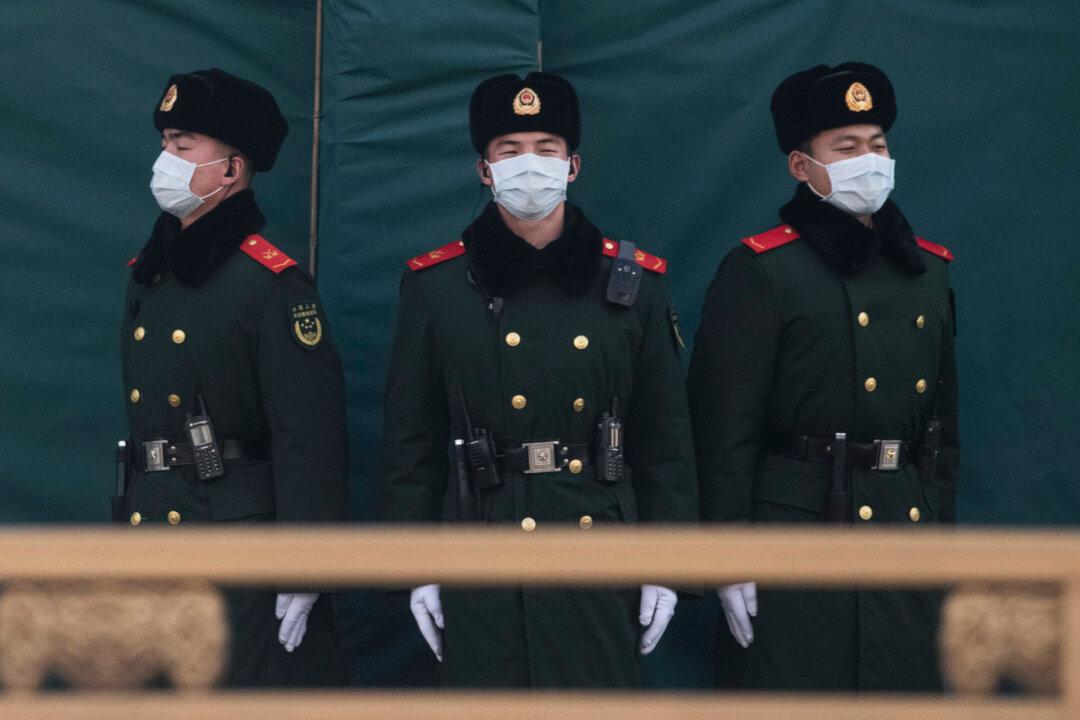At least 813 current or retired police officers in China’s Hubei Province—the epicenter of the deadly coronavirus epidemic—and their close family members have been diagnosed with COVID-19, according to an internal government document obtained by The Epoch Times.
The document, dated Feb. 21, details how officials in Hubei are trying to cope with the crisis.





